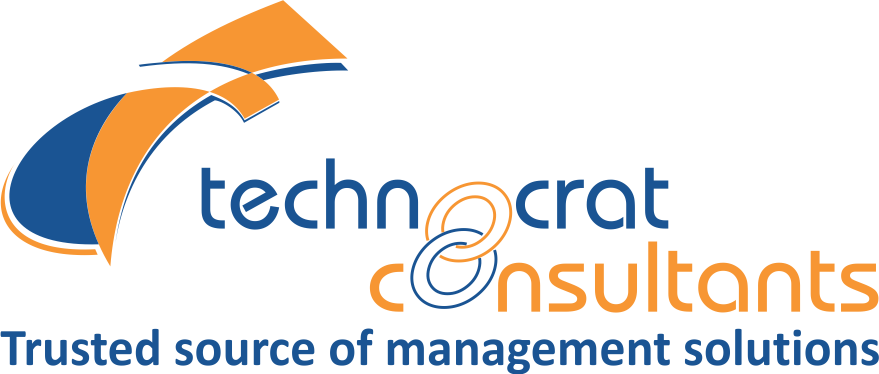 This is an asset management system standard to help businesses better manage the assets and their usage. this standard has been designed primarily to provide organizations with a greater degree of control over their daily activities by allowing them to reap a higher return on the assets they have accrued while cutting down on the risk.
This is an asset management system standard to help businesses better manage the assets and their usage. this standard has been designed primarily to provide organizations with a greater degree of control over their daily activities by allowing them to reap a higher return on the assets they have accrued while cutting down on the risk.
ISO 55001:2014 helps an organization guide itself towards improving their overall asset management to meet the business and legal requirements, while ensuring the stakeholders are satisfied. it not only helps save time and money, but also helps you optimize your asset usage while delivering greater value to your business.
this standard is set out to help businesses and organizations improve the current and future performance of the company. this helps the business align its objectives with the pre-defined objectives of asset management, to help the company achieve its goals. assets are not just an investment for the company but at times can also become a drain on the company’s resources. this makes it more important than ever for a company to keep a keen eye on how it’s assets are being managed.
- Features and Benefits
- Applicability
- Consulting Methodology
ISO 55001:2014 helps a business demonstrate significant organizational growth by doing the following activities efficiently:
- Effective asset management
- Managing risk
- Improving the overall financial performance
ISO 55001:2014 is crucial in helping an organization prove its ability to run a streamlined organization, that is as lean in assets as it is high in terms of efficiency. the benefits of iso 55001 are as mentioned below:
- having a proven ability for strong asset management can give you an edge over competitors and help you meet conditions and compliances of prospective partners and clients.
- it allows the business with complete information and control in order to manage the lifecycle of the assets.
- it allows for improvement in the processes by optimizing the utilization of assets in the best possible fashion.
- it increases operational efficiency by reducing cost from redundancies and efficient use of assets.
- increases the overall profitability of the business.
- helps the business understand how legal and regulatory compliances can be better managed.
the ability to capture both costs and revenue of physical infrastructure investment is important. if you overuse your assets, they will break down, causing delays, repairs and replacements. however, if the asset is left idle, then valuable capital is tied up unproductively. With effective implementation of an asset management system, organisations will be in a better position to lower their cost of ownership over the asset’s lifecycle and improve the efficiency and effectiveness of decisions relating to investment, maintenance or disposal. this would help to support business growth by aligning initiatives, processes, resources and functional contributions. it would also reduce the risks of interruptions or delays from safety incidents.
ISO 55001:2014 is particularly relevant for industries that are significant asset and capital intensive. any business that is operating with significant physical assets, and has high fixed costs, would require this certification. this can include utilities, heavy and lightweight manufacturing, construction or even property management. over and above this, businesses operating factories, and owning expensive machinery also would require the same.
